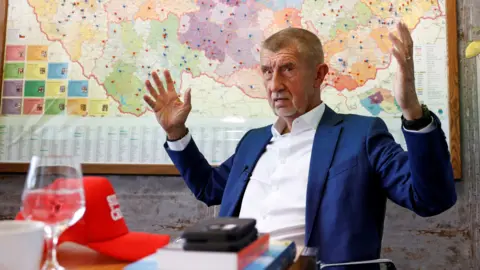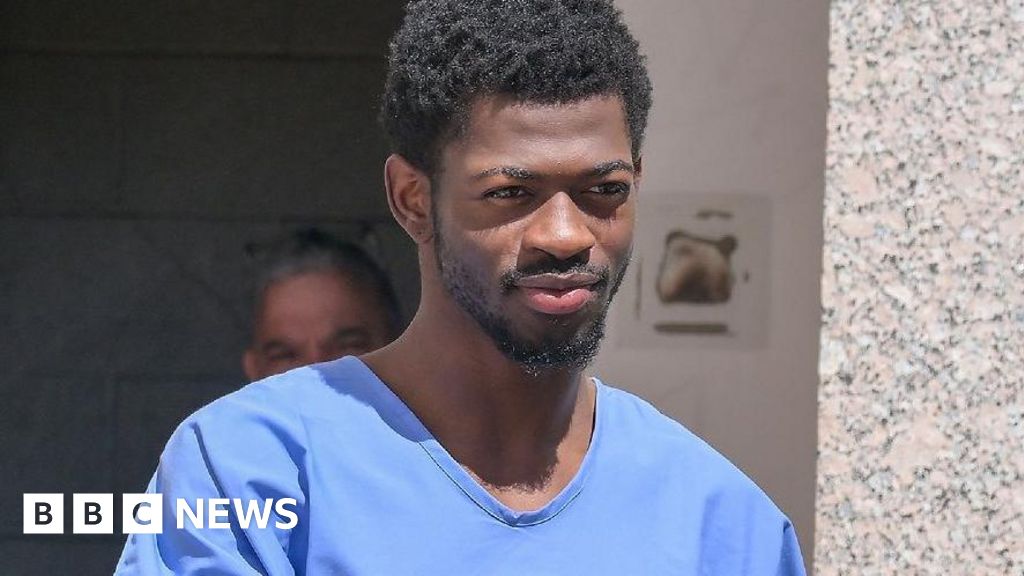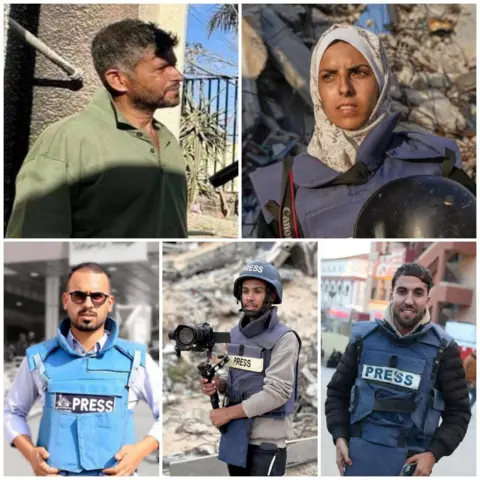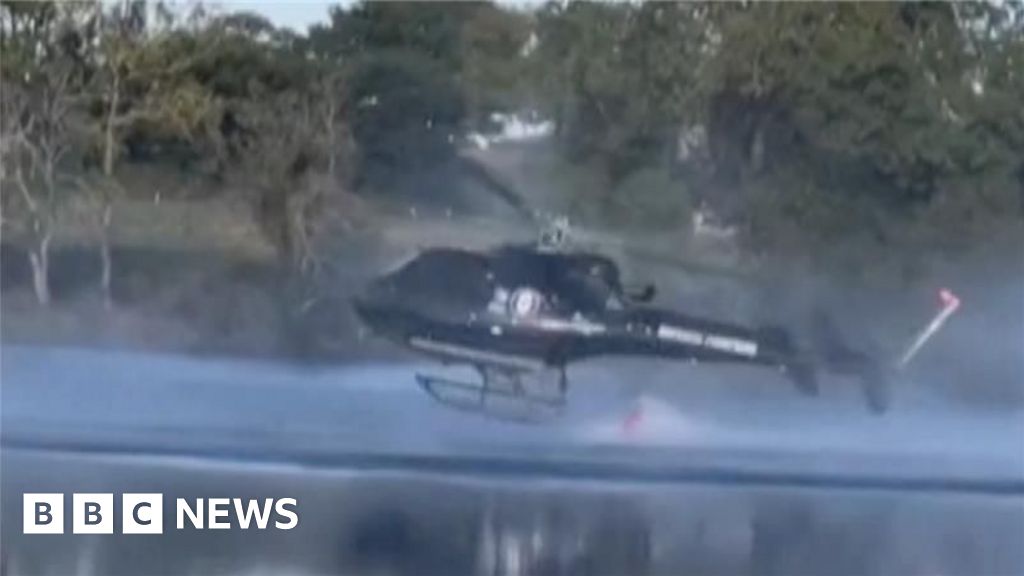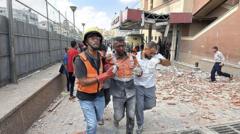In the latest reports from Suweida City, Syria, alarming indications of a massacre perpetrated by Syrian government forces at the National Hospital have emerged amid sectarian unrest. Allegations suggest that soldiers opened fire on patients within their hospital beds during the violence that erupted over a week ago.
Upon arriving at the hospital, the grim reality was immediately apparent. The parking lot was filled with numerous corpses, obscured under white plastic shrouds, with some remains grotesquely exposed to the elements. The blood-spattered ground bore witness to the shocking events that transpired.
"It was a massacre," Dr. Wissam Massoud, a neurosurgeon, asserted. He witnessed firsthand the aftermath of a government raid, during which patients of all ages were shot. A video he shared depicted nurses navigating the hospital, revealing bodies wrapped in bloodstained linens strewn across the wards.
Hospital volunteer Kiness Abu Motab stressed that the victims were primarily from the minority Druze community, raising concerns about systematic targeting. "What is their crime? Just for being a minority in a democratic country?" he questioned. Osama Malak, a local English teacher, expressed disbelief, recounting cases of extreme violence, including the brutal killing of a disabled young boy.
Conflicting factions in the region have made mutual accusations of atrocities, with both the Syrian Army and local militias under scrutiny. Although estimates of the fatalities from the incident surpass 300, these numbers remain unverified.
In an official statement, the Syrian defense ministry acknowledged reports of "shocking violations," promising investigations into the disturbing claims. Meanwhile, access to Suweida City for outside sources is tightly controlled, complicating the verification of events.
Attempts to enter the city involved navigating multiple government checkpoints, revealing a landscape marked by destruction. Despite regaining control over certain regions, the government continues to face criticism for its handling of minority groups like the Druze, who maintain significant authority in Suweida City.
During their visit, reporters encountered eight-year-old Hala Al Khatib, whose injury, resulting from gunfire during the invasion, left her in a state of shock. Tragically, she remains unaware of her parents' fate, underscoring the tragic toll of escalating violence in this region.
As the situation in Suweida evolves, credible reports from the United Nations regarding summary executions amid the conflict add further urgency, emphasizing the need for accountability and justice for the victims.
Upon arriving at the hospital, the grim reality was immediately apparent. The parking lot was filled with numerous corpses, obscured under white plastic shrouds, with some remains grotesquely exposed to the elements. The blood-spattered ground bore witness to the shocking events that transpired.
"It was a massacre," Dr. Wissam Massoud, a neurosurgeon, asserted. He witnessed firsthand the aftermath of a government raid, during which patients of all ages were shot. A video he shared depicted nurses navigating the hospital, revealing bodies wrapped in bloodstained linens strewn across the wards.
Hospital volunteer Kiness Abu Motab stressed that the victims were primarily from the minority Druze community, raising concerns about systematic targeting. "What is their crime? Just for being a minority in a democratic country?" he questioned. Osama Malak, a local English teacher, expressed disbelief, recounting cases of extreme violence, including the brutal killing of a disabled young boy.
Conflicting factions in the region have made mutual accusations of atrocities, with both the Syrian Army and local militias under scrutiny. Although estimates of the fatalities from the incident surpass 300, these numbers remain unverified.
In an official statement, the Syrian defense ministry acknowledged reports of "shocking violations," promising investigations into the disturbing claims. Meanwhile, access to Suweida City for outside sources is tightly controlled, complicating the verification of events.
Attempts to enter the city involved navigating multiple government checkpoints, revealing a landscape marked by destruction. Despite regaining control over certain regions, the government continues to face criticism for its handling of minority groups like the Druze, who maintain significant authority in Suweida City.
During their visit, reporters encountered eight-year-old Hala Al Khatib, whose injury, resulting from gunfire during the invasion, left her in a state of shock. Tragically, she remains unaware of her parents' fate, underscoring the tragic toll of escalating violence in this region.
As the situation in Suweida evolves, credible reports from the United Nations regarding summary executions amid the conflict add further urgency, emphasizing the need for accountability and justice for the victims.






